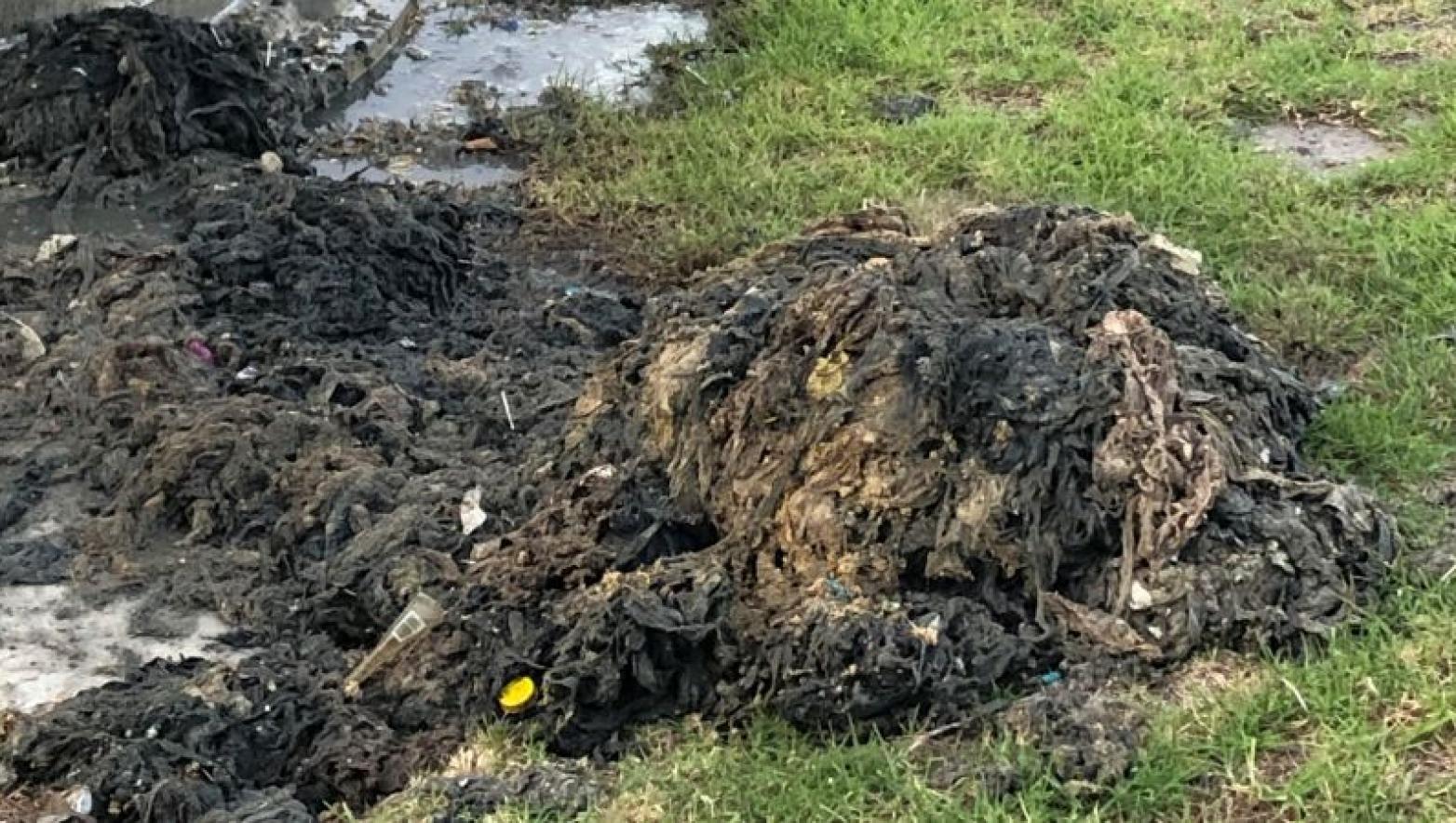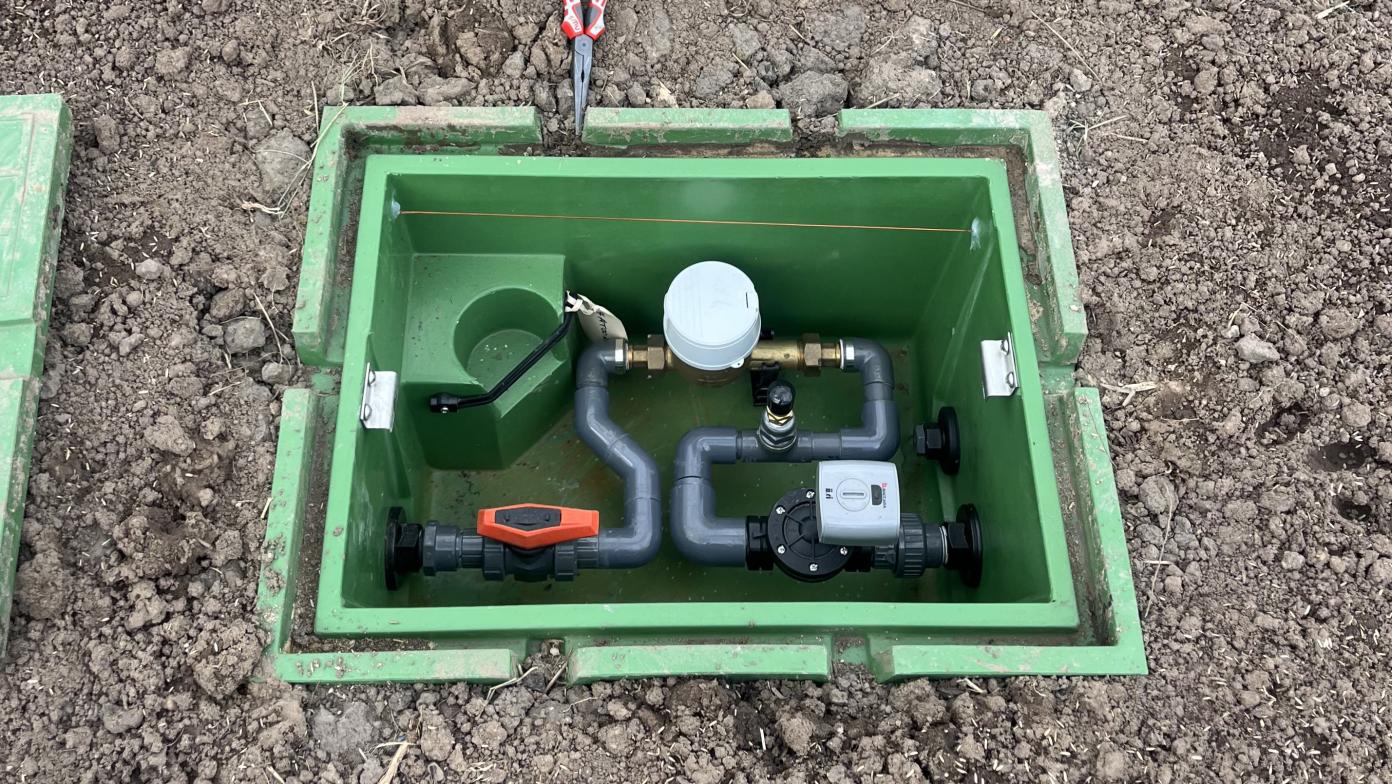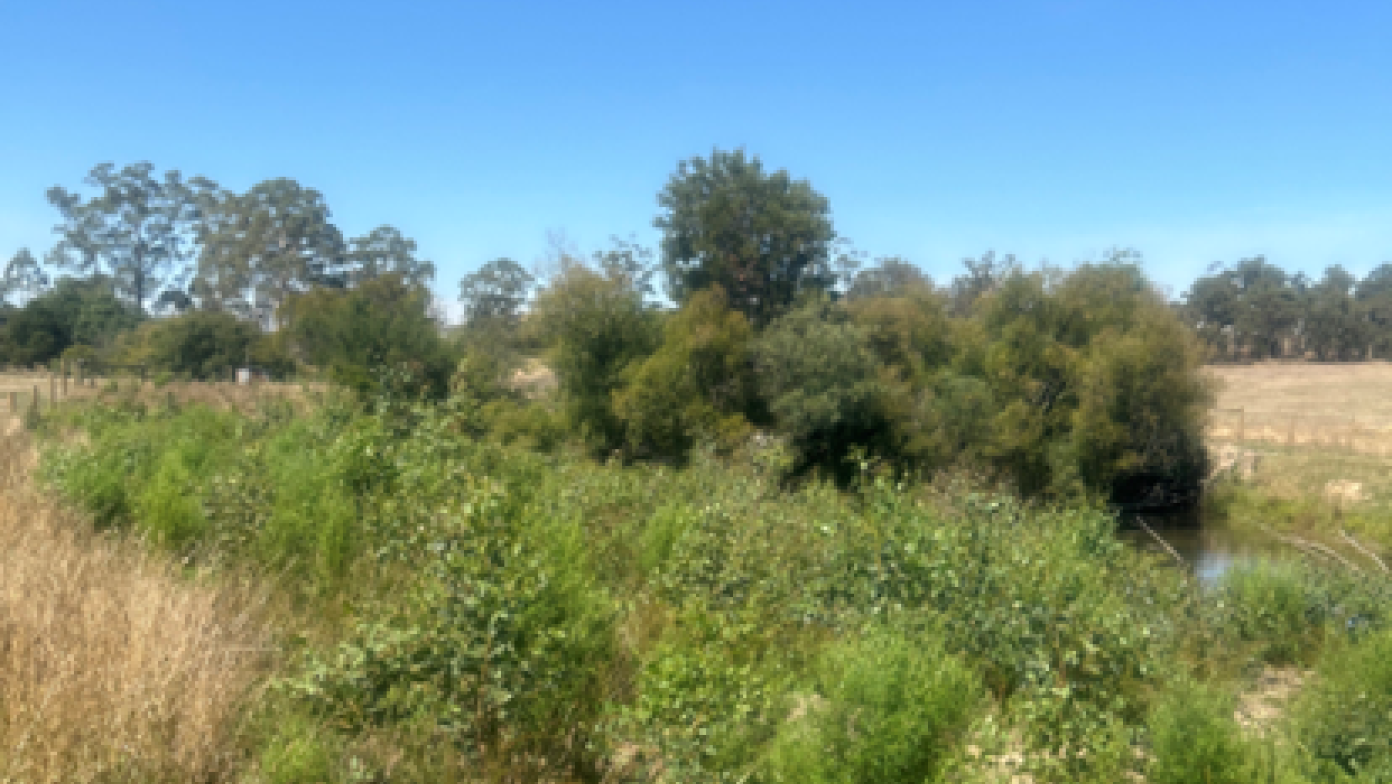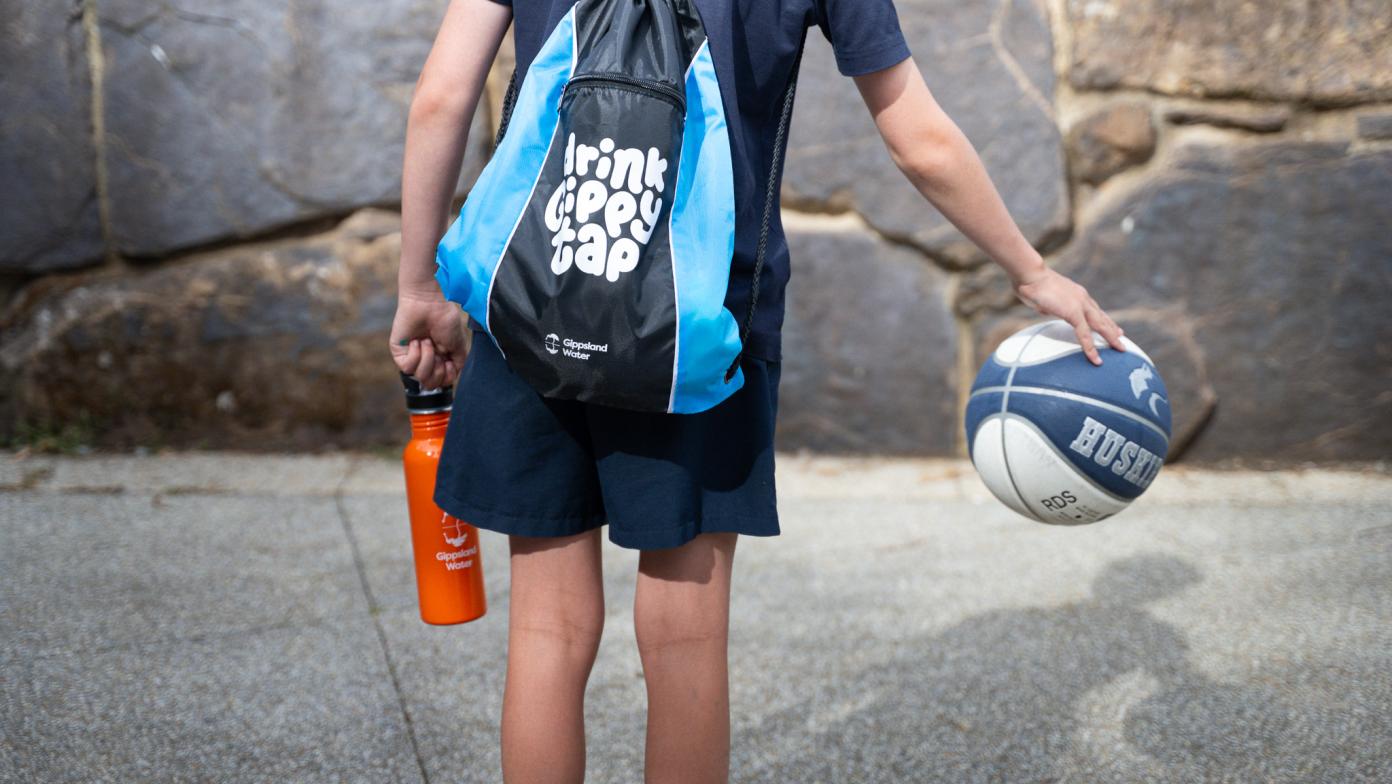Non-flushable items clogging Gippsland’s sewer network

Wipes, sanitary items, nappies and even socks are combining with fat to clog Gippsland’s sewer network, Gippsland Water says.
Gippsland Water, which manages wastewater for more than 63,000 customers across 27 towns from Drouin to Loch Sport, spent more than $400,000 clearing blockages caused by what are known as ‘fatbergs’ this past financial year.
Gippsland Water managing director Sarah Cumming explained that fatbergs are a collection of fat and other items that combine to form mounds of gunk that can clog and even block wastewater pipes.
“Fatbergs are the result of people flushing items that should not be flushed – such as sanitary items, nappies and so-called flushable wipes, which are absolutely not flushable – down their toilet,” Ms Cumming said.
“This, along with tipping fats and oils down kitchen sinks, is a habit we need our communities to break.”
Ms Cumming said when thinking about what to flush, it was simple.
“We’re urging our customers to only ever flush the two kinds of things toilets are designed for and toilet paper. Everything else should be thrown in the bin.
“When it comes to your sink, use a sink strainer to capture food scraps, and scrape fatty pans and roasting dishes into the bin before washing them.”
Ms Cumming said as a result of some customers not following these simple steps, Gippsland Water had to dedicate more of their resources to cleaning clogged pipes.
“This past year alone we spent $407,480 cleaning blocked pipes of fat, rags and other junk. This is obviously money better spent upgrading our network to improve our customers’ water security.
“One section of pipe in Traralgon alone has been cleaned three times in the last nine months to prevent it from blocking completely, which could have resulted in sewerage overflowing into nearby residents’ homes,” Ms Cumming said.
For more information about what can and can’t be flushed or poured down the drain, visit www.gippswater.com.au/residential/help-advice/stop...



